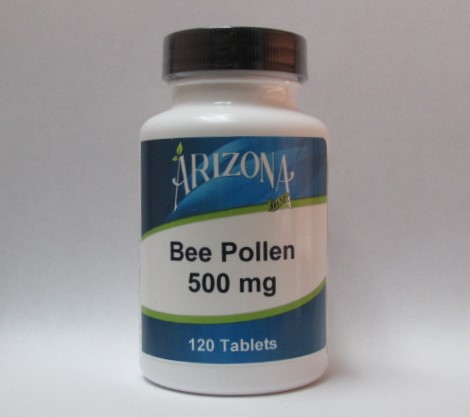


2 The authors reported acute systemic allergic reactions in three patients after the ingestion of bee pollen. The first description in the literature of allergy to bee pollen was by Cohen and colleagues in 1979. Most of the evidence for this association comes from case reports and one small case–control study. Anaphylaxis associated with the consumption of bee pollen has been reported in the literature, but many people remain unaware of this potential hazard. It is available for purchase in Canada and is marketed for a variety of purposes, from longevity to weight loss. 1 However, some natural products carry a risk of adverse effects of which patients may not be aware.īee pollen is a natural health product consisting of pollen granules collected from plants by bees. Data from a 2010 Ipsos Reid poll for Health Canada suggest that 73% of Canadians take natural health products on a regular basis. The use of complementary and naturopathic medicine is prevalent across Canada. We prescribed an epinephrine auto-injector and reviewed its correct usage with our patient. We advised our patient to avoid bee pollen supplements and other products containing grasses or pollens. Histamine control testing gave a positive result. Results of similar tests for birch, ragweed, foods and the other two supplements were negative.
#BEE POLLEN PILLS SKIN#
The patient’s clinical examination was unremarkable.Ī skin allergy test (i.e., a prick/scratch test) showed a strong positive result for the bee pollen supplement (20-mm wheal, 41-mm erythema), and Timothy grass (20-mm wheal, 37-mm erythema). She had no history of allergies to foods, drugs, latex or insect venom, and no family history of atopy. She was a nonsmoker and took no regular medications. The patient had a history of seasonal allergic rhinoconjunctivitis, particularly during the summer months, but was otherwise healthy. The supplements were stopped and no further reactions occurred. The symptoms resolved after emergency treatment with epinephrine and diphenhydramine, and fluids given intravenously. The patient also had shortness of breath and felt faint, lightheaded and weak. Ten minutes after she took her second dose of supplements, the patient’s eyelids, lips and throat began to swell, she had difficulty swallowing, and hives started to develop. Before the reaction, the patient had recently started taking three health supplements: bee pollen, omega 3-6-9 oil and vitamin D3. A 30-year-old woman was referred to the allergy clinic after having an anaphylactic reaction.


 0 kommentar(er)
0 kommentar(er)
